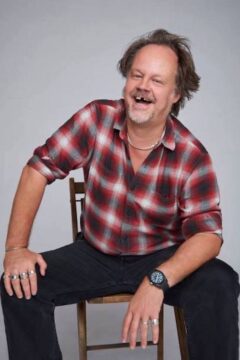
2023 WOODSTOCK FILM FESTIVAL: A CONVERSATION WITH ART-HORROR AUTEUR LARRY FESSENDEN
What inspired you to choose a career in the film business, and what was your journey?
I always loved movies and monsters as a child. I was drawn to the arts as a kid, drawing pictures and writing stories when I was very young. I was an actor in grammar school and high school. I might have had small roles, but I always made an impression as a dragon or a one-legged pirate. As I grew up, I became aware that when you watch a movie, it is the camera that tells the story, and I started shooting S8mm as a teenager. I learned feature filmmaking with video because the tape stock was cheap. I am only tangentially in the film business even now, but I have been involved in various aspects of making and distributing many, many movies.
What was your most rewarding or the most challenging project to date?
I am proud of the filmmakers whose careers I have helped, like Kelly Reichardt, Ti West, Jack Fessenden, and many others. I am fond of my own films because they express my viewpoint of life, for better or worse. I have cherished memories working with actors and directors that I revere, like Adam Driver, Bill Murray, Jim Jarmusch and the incomparable Marty Scorsese. As for my most challenging project, every project, big and small, that I am involved with is a challenge. You try to bring your personal best to the work, and it doesn’t always hit.
What are your thoughts on technology and the changing landscape of the TV and film industry?
I am very bitter about the commodification of a medium I love. The studios have relinquished moviemaking to the streamers.
I dislike streaming, even though it is convenient. I grew up on the scarcity of access to movies; it made them special. They lived in the mind, imagination, posters, and stills from magazines and books. Movies mattered. The business mindset behind the streamers is craven; they don’t even let you watch the end credits on a movie you’ve just sat through. No time for reflection. They are training viewers to disdain the people who made the work and just gobble up the next dollop of content.
The TV execs tried to drop televising the cinematography and editing award at the Oscars, no respect for the craft, just celebrity gawking. But it is not just movies, of course. Technology and rampant capitalism in all aspects of life have amplified our narcissism, which leads inexorably to tribalism and strife.
What is one question you’re constantly asked or what’s the biggest misconception about what you do?
People often suggest I should “sell out” and go to Hollywood. That’s not something you just do. It is very hard to break into the film business, especially if you have an alternative perspective on the world. And anyway, I’m too old now, it’s a youngster’s game.
Can you put your finger on what makes a great Writer/Director and who inspires you?
I respond to directors who have a distinct visual style, a sense of realism even in fantastical contexts, and a commitment to resonant themes. But this could describe many directors that I don’t particularly revere, I suppose. I like Hitchcock, Kurosawa, Scorsese, Polanski, Kubrick, The Coen Brothers, and Herzog. It is a pretty traditional list for a cinephile of my generation. These were high priests when the cinema was a church.
What are you working on now that you’re excited about?
In fact, I am working on a few changes to BLACKOUT. When I finished it a month ago, I suspected there were two things I might want to revisit in the edit. I am allowing myself to go back in. I often do that between festival screenings and whatever distribution I might secure. And I am working on the sequel. Yes, you read that correctly.
If you could have one superpower, what would it be?
It’s a whimsical question that reveals my melancholy about life because I really would like a superpower to vanquish the bad guys and fix the world. In that way, I have never grown up.

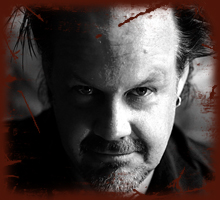
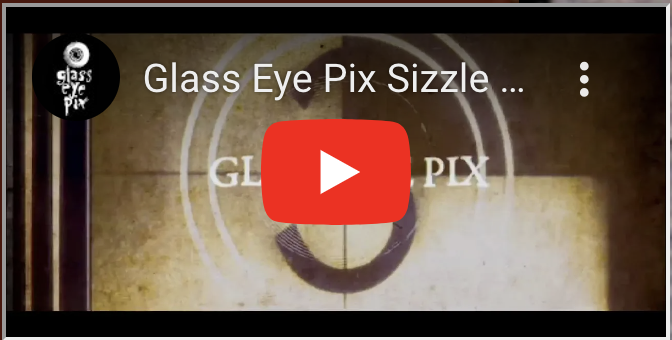
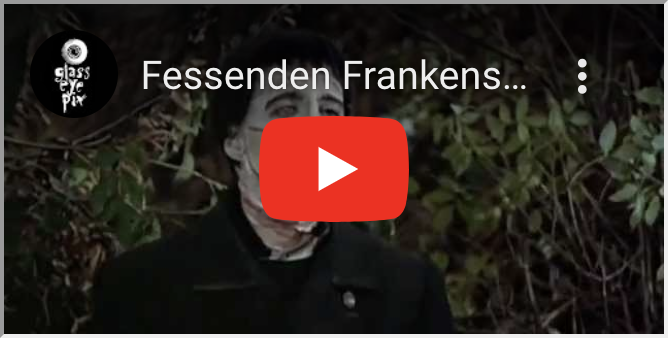
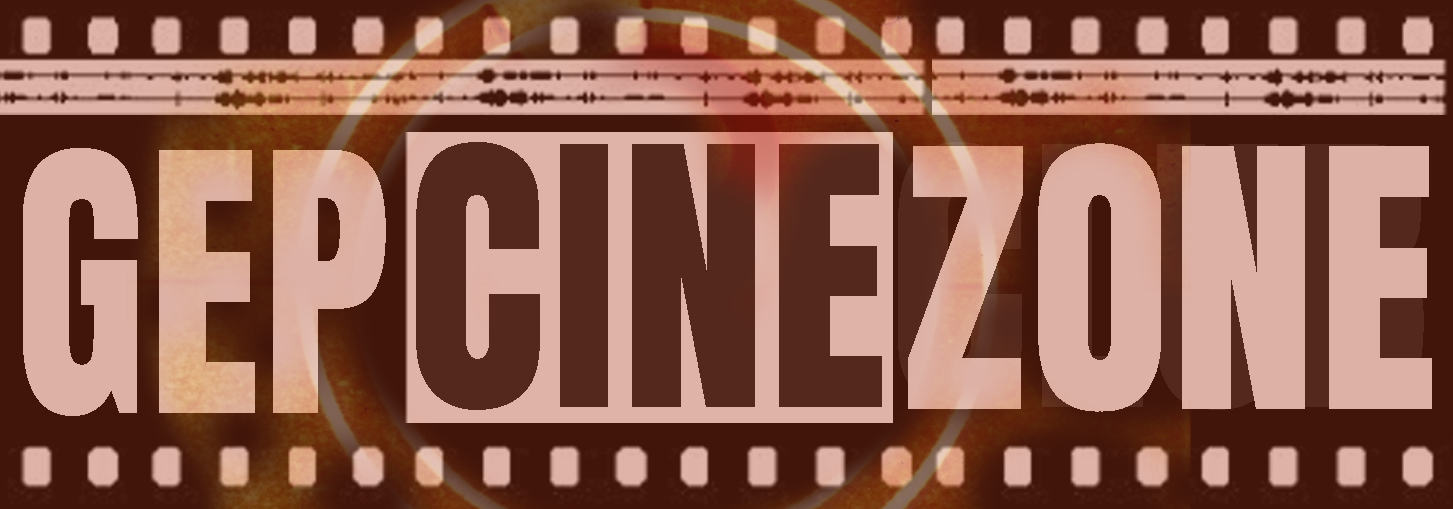



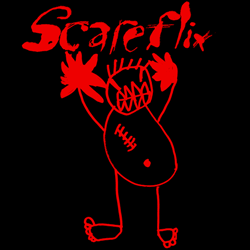

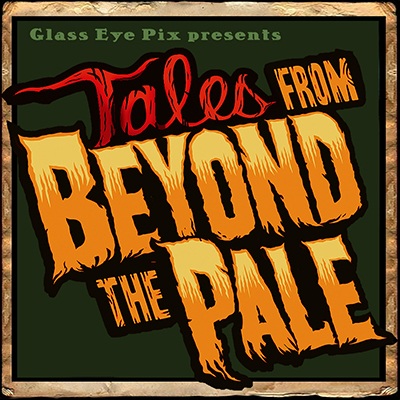
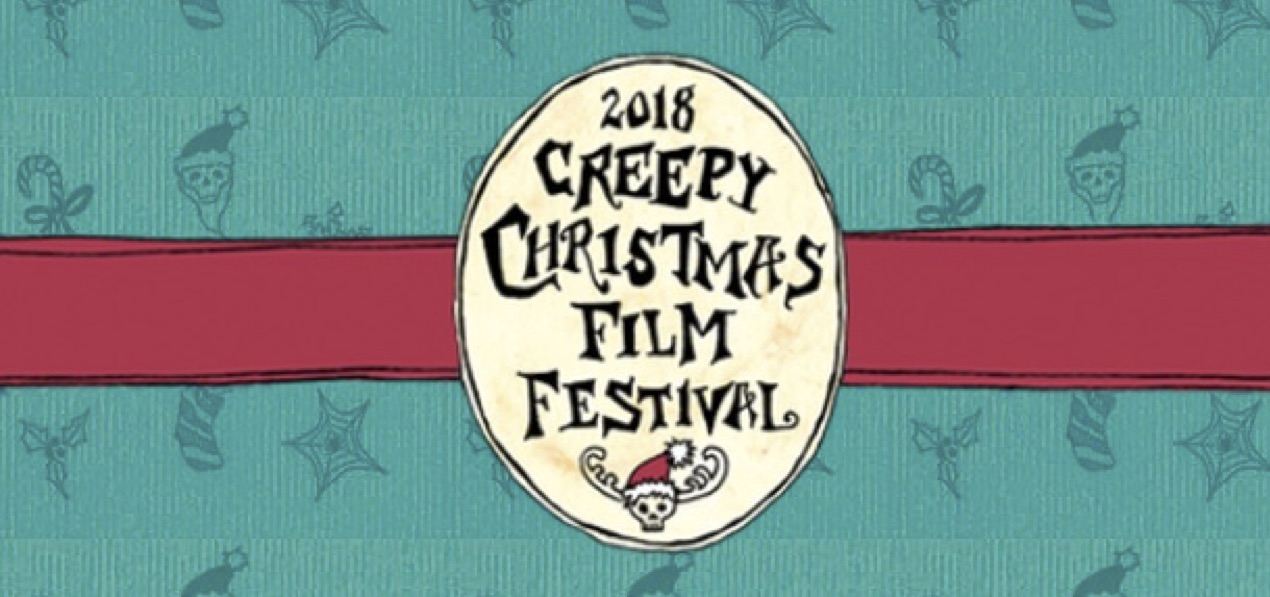
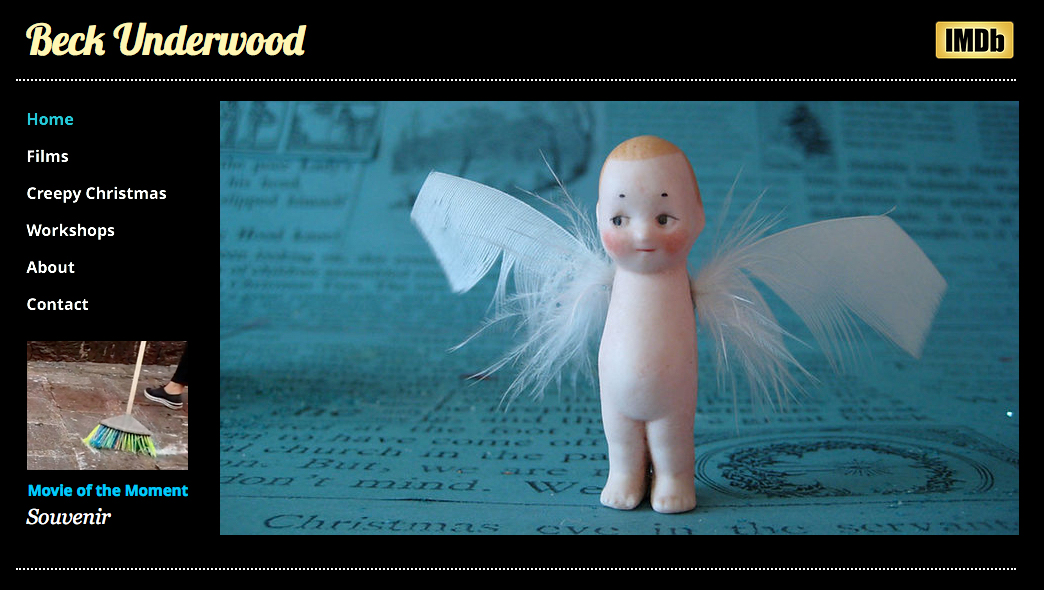
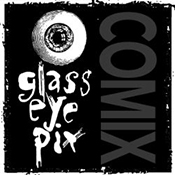




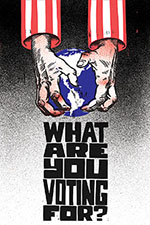
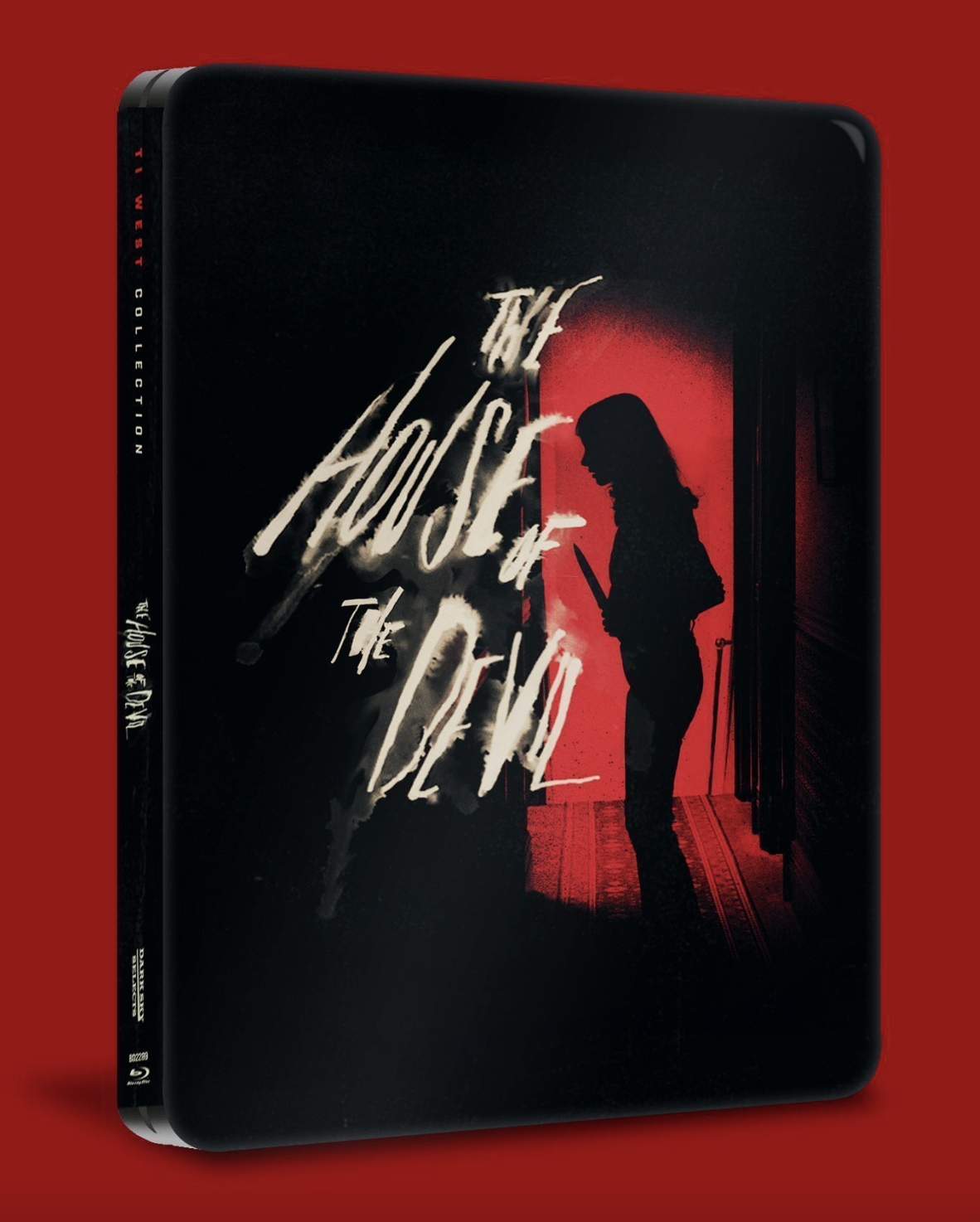
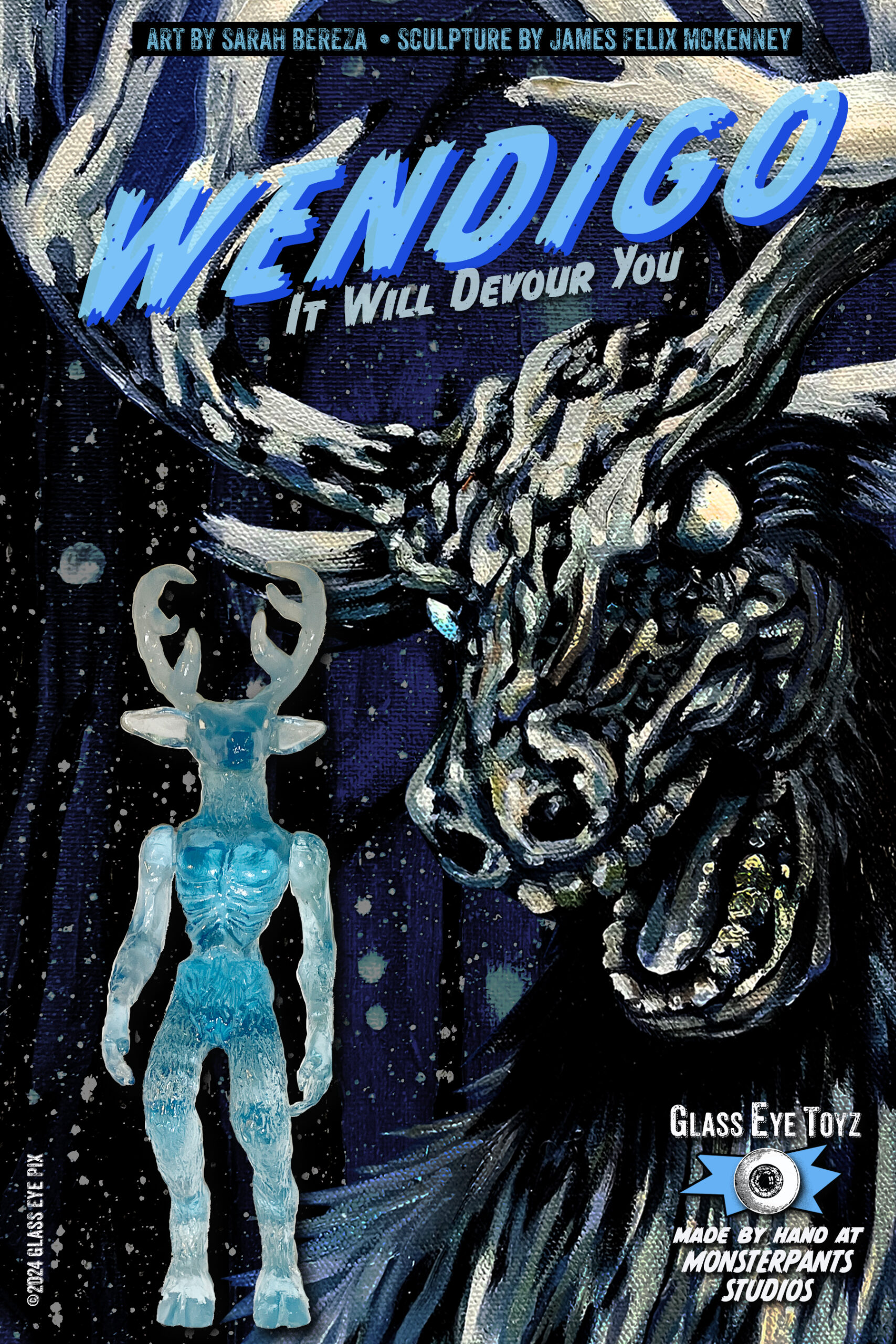
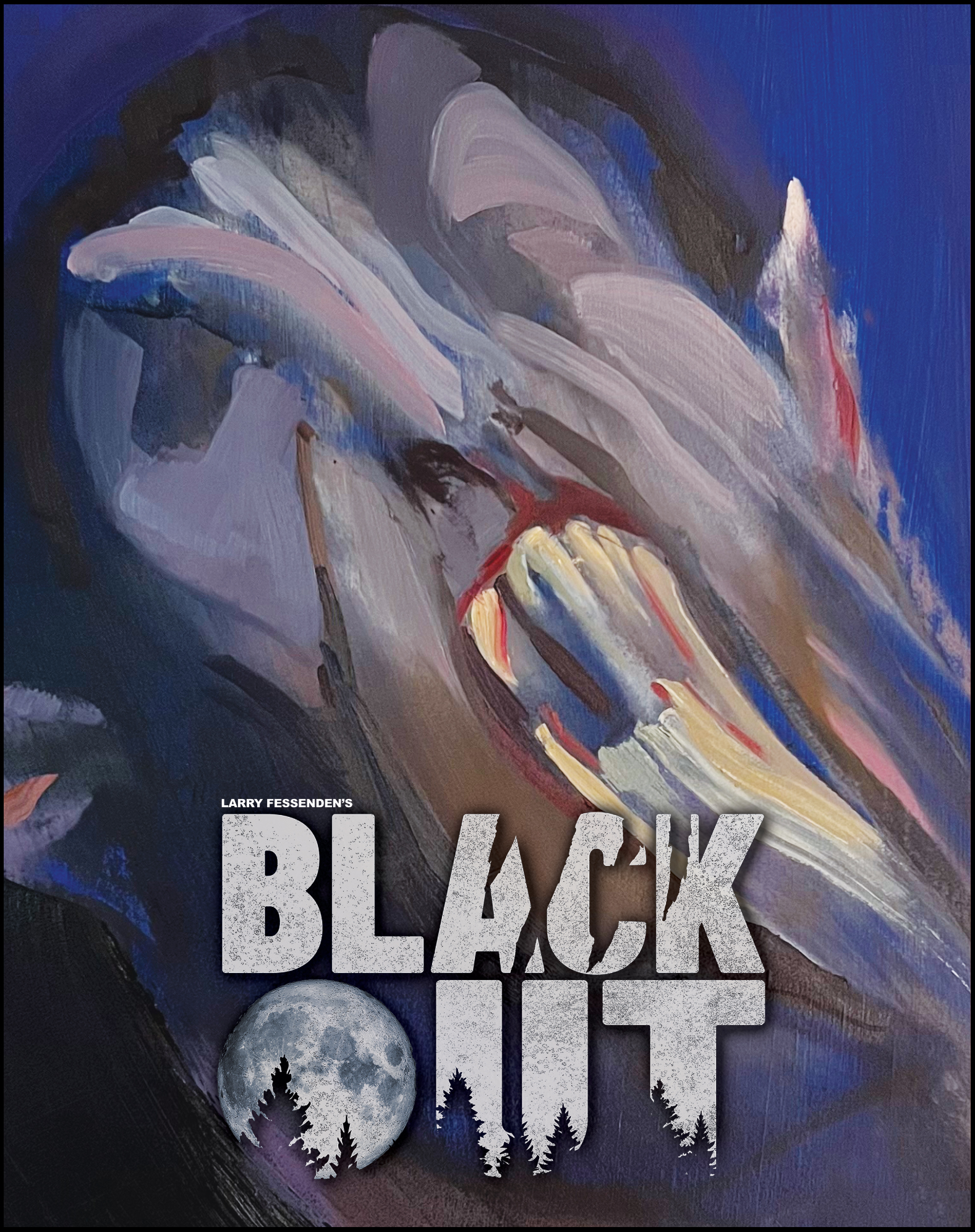
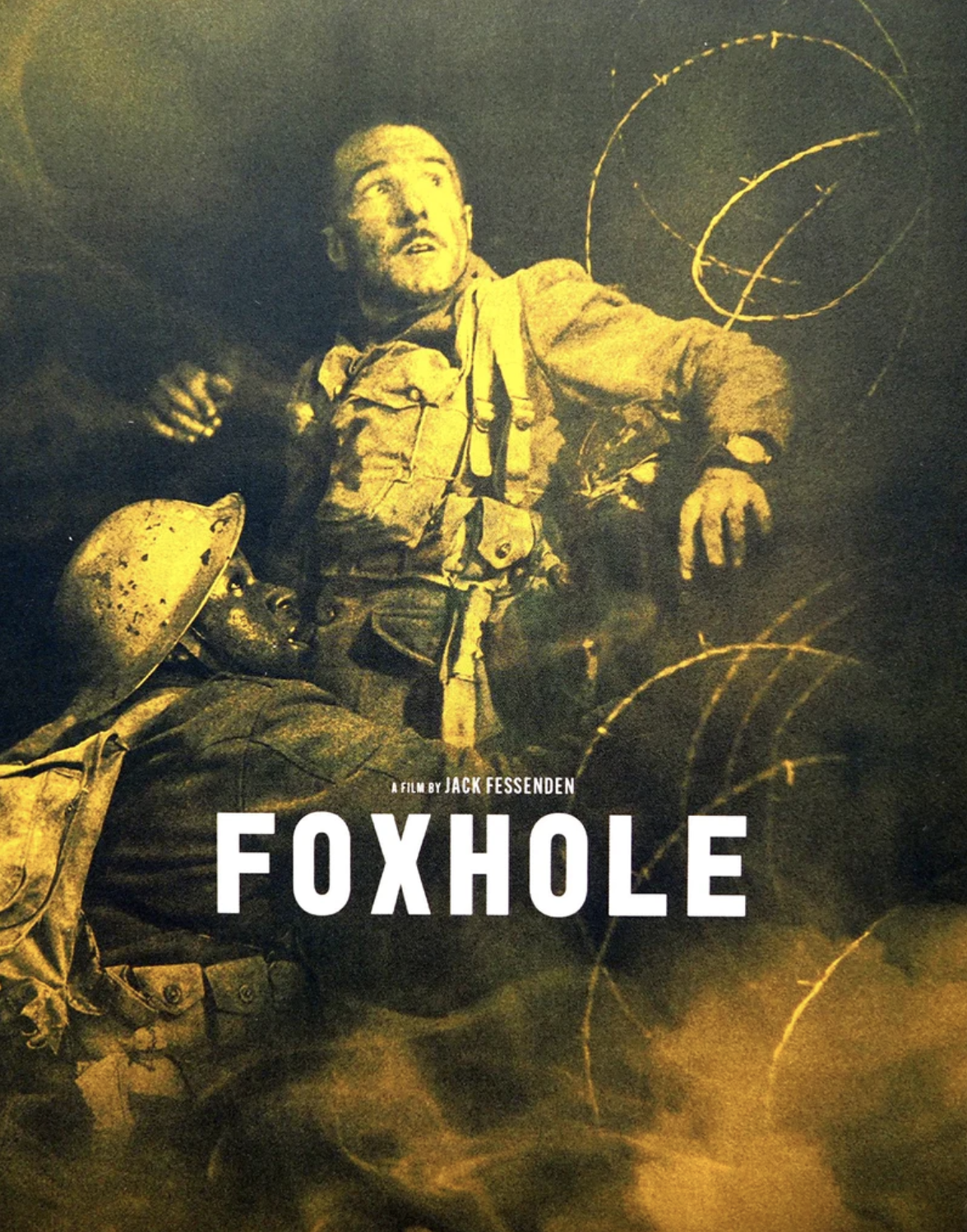
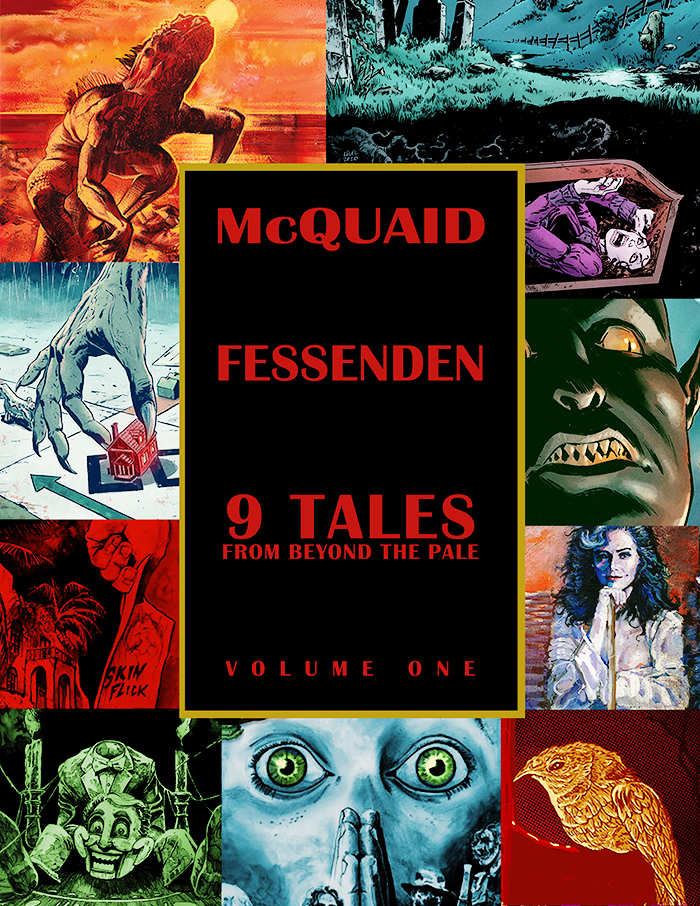
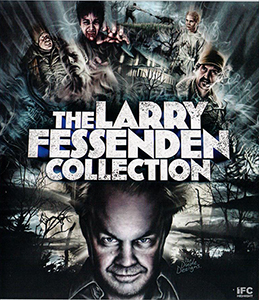
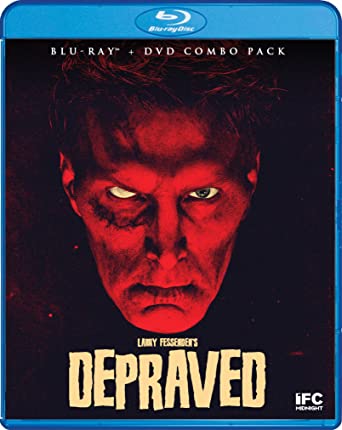
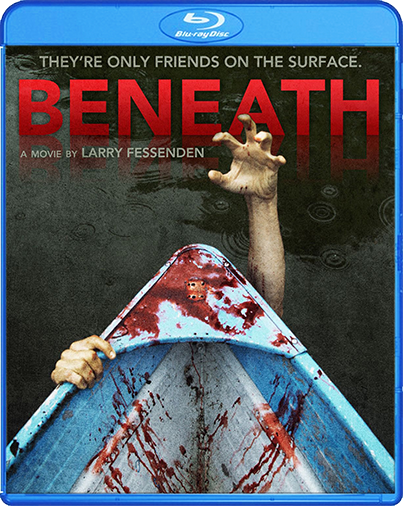
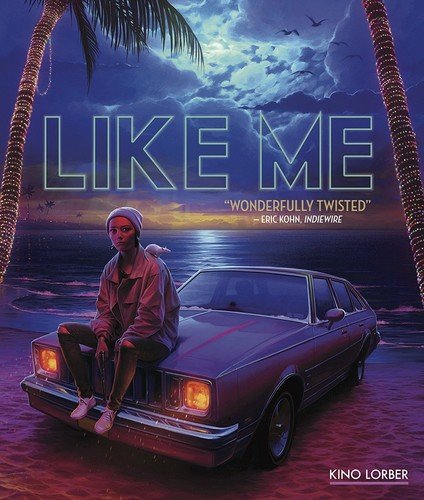
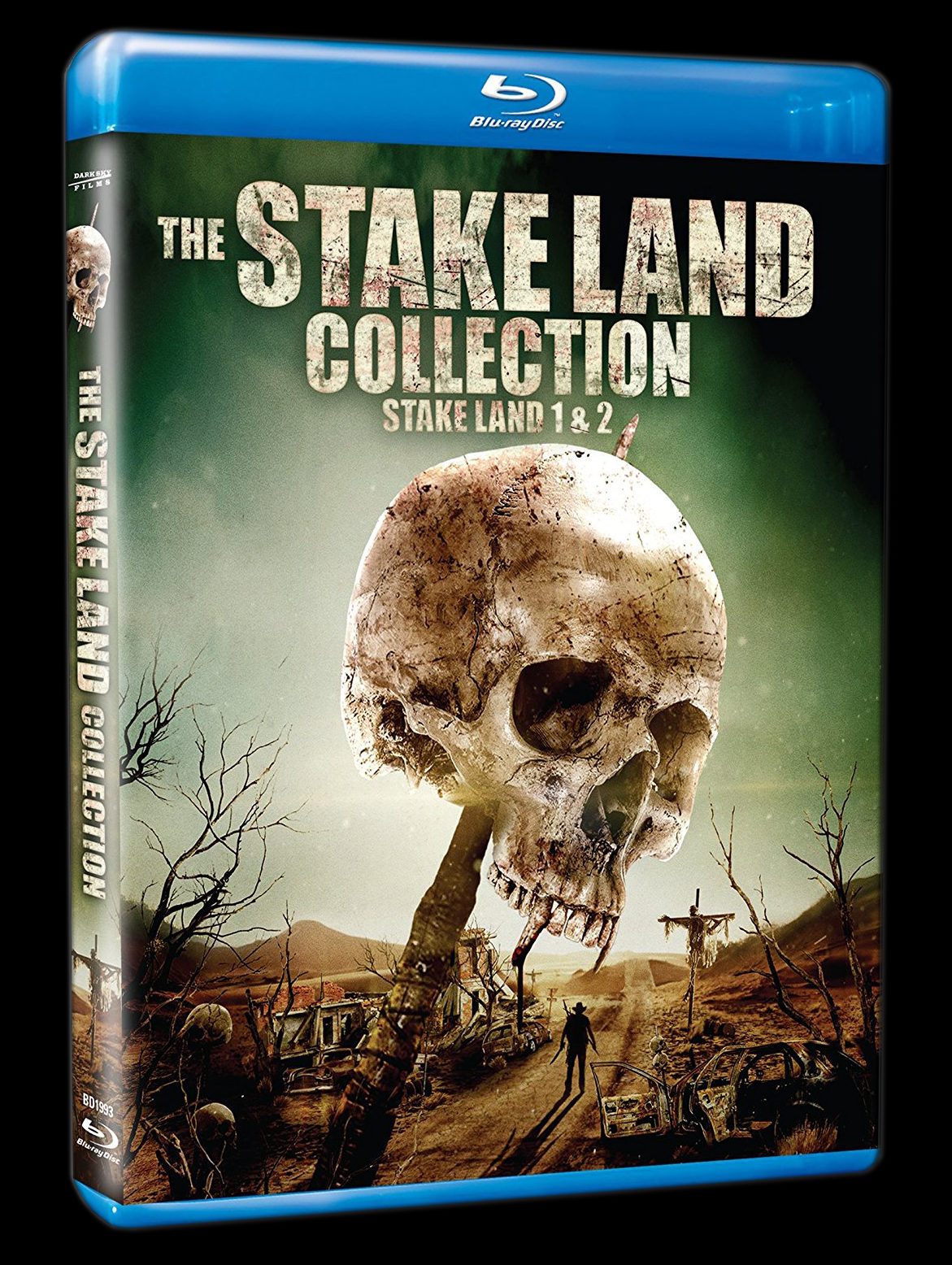
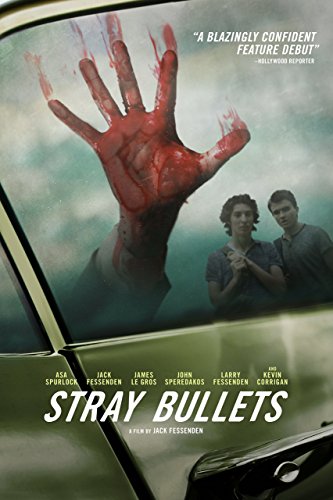
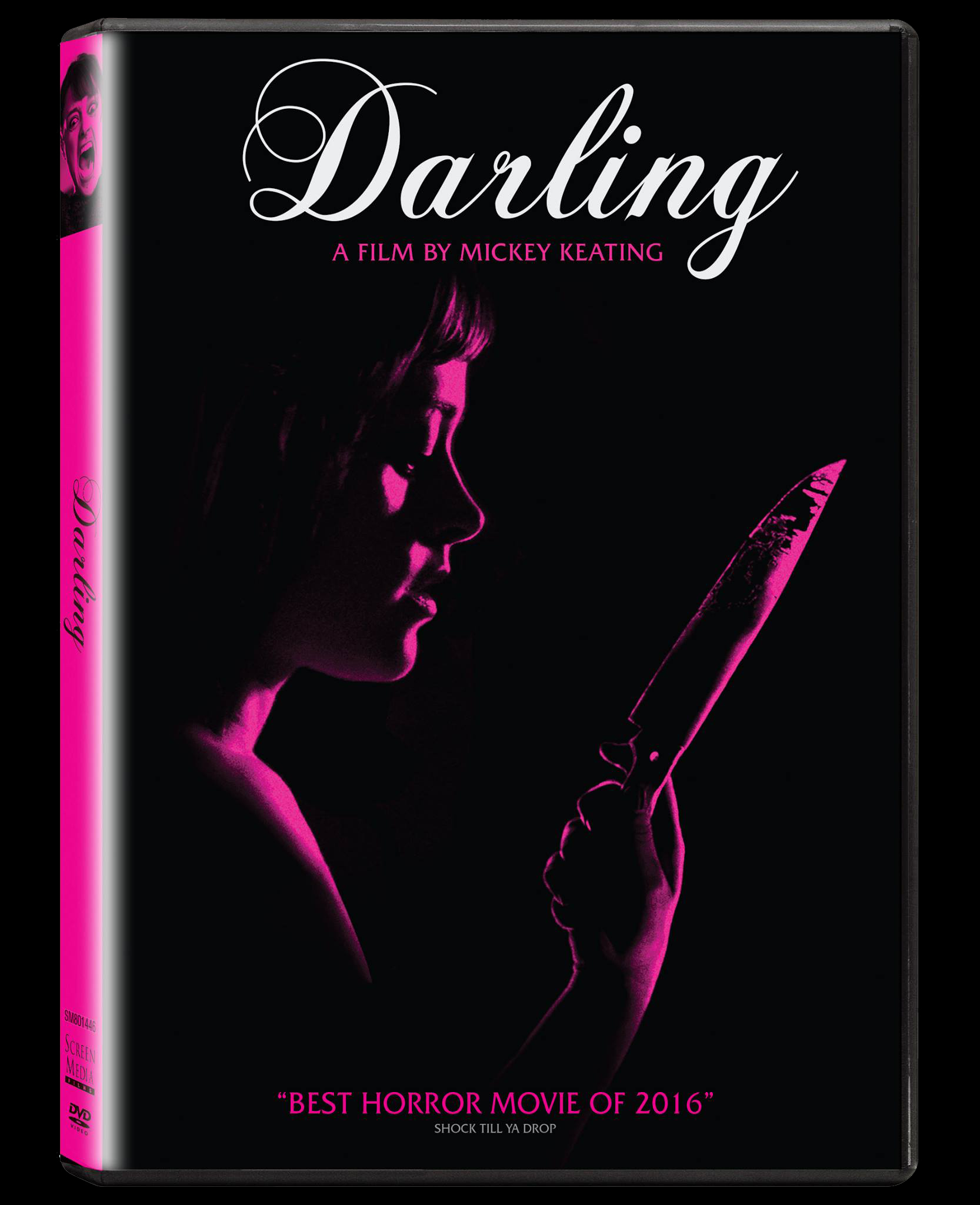
Add a comment